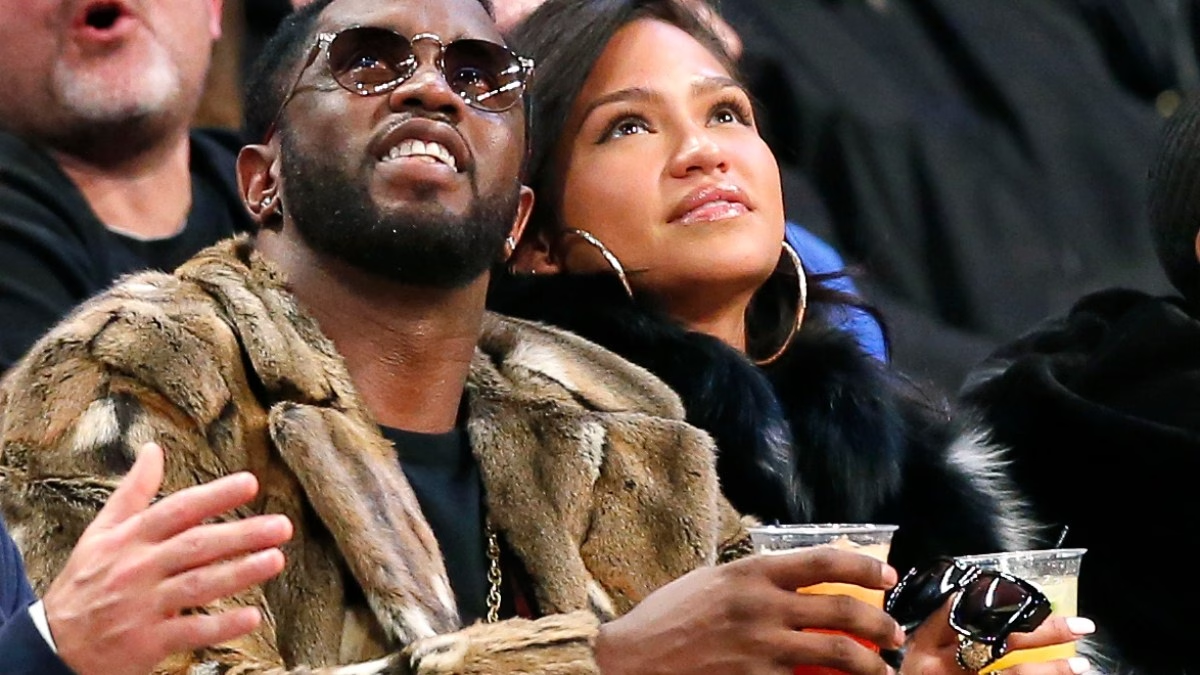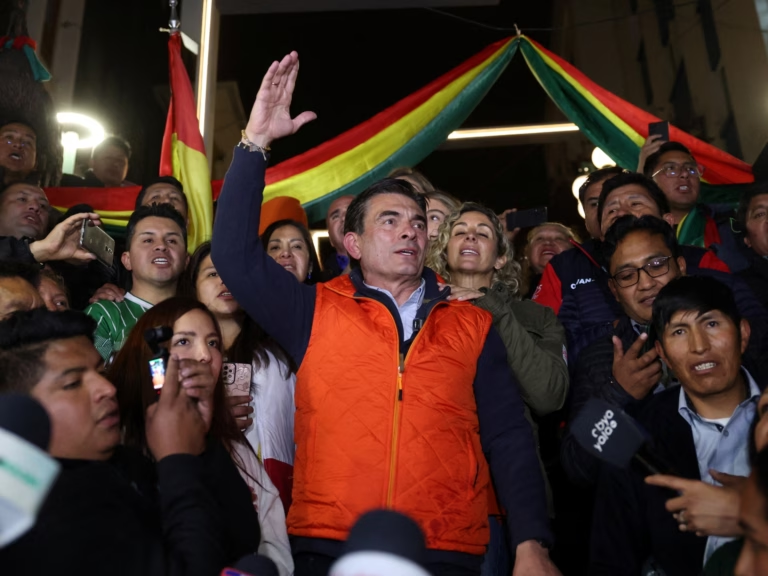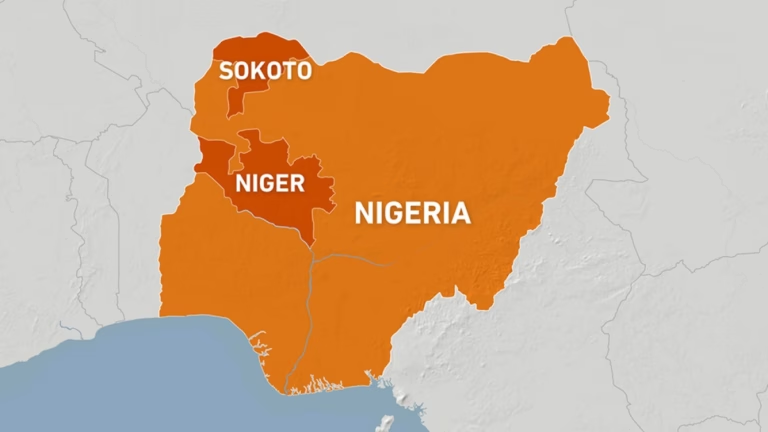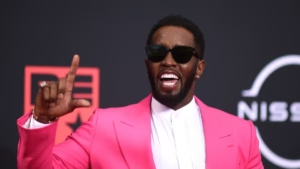The trial of music industry leader Sean “Diddy” Combs has concluded with a mixed verdict after weeks of intense media interest and testimony about drug-fueled celebrity sex parties. The declaration has sparked discussions among advocates about the perception of sexual violence within the criminal justice system. While a federal jury in the United States found Combs guilty of transporting individuals for prostitution, he was acquitted of the graver charges of sex trafficking and racketeering related to organizing sexual encounters. Prosecutors had labeled Combs’s actions as a “criminal enterprise,” where they claimed he used money, power, and violence to compel his partners into damaging situations. However, this mixed decision has split viewpoints on the implications for the #MeToo movement, revealing gaps in public understanding and perception of sexual violence, according to Emma Katz, a domestic abuse specialist. She argues that the ruling suggests a misunderstanding of the complex behavior patterns accompanying long-term abuse and coercion, which often go unrecognized in intimate relationships.
Further discussions surround the jury’s decision process, which is not transparent. Prosecutors needed to demonstrate Combs’s use of “force, fraud, or coercion” to compel his partners into commercial sex acts. The case primarily rested on the testimony of two women who were identified as Combs’s ex-partners. They claimed Combs used financial influence, threats, and violence to coerce them into sexual acts during parties he hosted. Ventra provided harrowing testimony about feeling “trapped” in a cycle of abuse, including a 2009 incident where Combs “stomped” on her face. Still, the defense successfully argued that there was no evidence to suggest Combs forced Ventra or the other woman to engage in sexual acts against their will. The Los Angeles Times quoted defense lawyer Teny Geragos as stating, “Domestic violence is not sex trafficking”. Some experts, like former federal prosecutor Neama Rahmani, argue that the prosecution mishandled the sex trafficking aspect of the case. Rahmani highlighted how the prosecution presented messages from Ventra expressing affection and active participation in sexual situations, which defense…
Using a timeline of events, experts such as Katz underscore that this verdict reflects pre-existing challenges in the #MeToo movement. While #MeToo has increased awareness of workplace harassment, public understanding of intimate partner violence remains limited, often leading to victim-blaming. On the other hand, DeanMarker argues that the system still operates under norms where skewed perceptions of power dynamics frequently result in misjudgments about victims and their agency. What nuanced perspectives emerge from advocates and experts about the jury’s decision in the Diddy Combs trial?
Source: https://www.aljazeera.com/news/2025/7/3/diddy-verdict-raises-questions-over-domestic-abuse-power-and-coercion?traffic_source=rss









